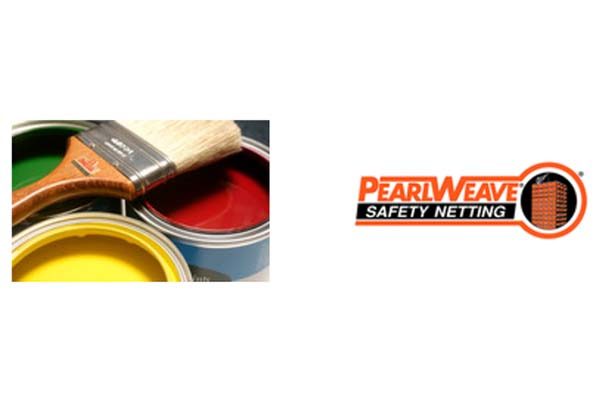Hardware fulfillment gets easier with cloud WMS
Upgrading to Made4net’s latest warehousing software has helped a building supply company get orders out faster and more accurately.

If you’re in the building maintenance or contracting business in the Tri-State area of New York, New Jersey, and Connecticut, then chances are you’ve ordered hardware or maintenance supplies from Pearlgreen Corp.
Based in New Rochelle, New York, the family-owned business has a catalog of some 15,000 products from 400 manufacturers, all stocked in a 110,000-square-foot distribution center. With a 20-vehicle truck fleet, it provides next-day delivery across one of the densest urban areas in the country.
The company was founded in 1934 by its namesakes, Pearl and Irving Greenberg. Today, it sells goods from many of the most recognizable brand names found in your local hardware store: 3M, DeWalt, Krylon, DAP, Procter & Gamble, Milwaukee, SC Johnson, Ridgid, General Electric, Hewlett Packard, Georgia-Pacific, Sylvania, Kohler, Kenwood, Kwikset, Shop-Vac, Motorola, Rust-Oleum, Rubbermaid, Gerber, Kimberly-Clark, Master Lock, Stanley, and Duracell.
As the business has grown, Pearlgreen has also upgraded the technology that keeps its fulfillment operation humming. Back in 2010, the company implemented a warehouse management system (WMS) from Teaneck, New Jersey-based Made4net, a software developer that was acquired earlier this year by Ingka Group, the parent company of Swedish furniture retailer Ikea. At that time, Pearlgreen was operating out of a small warehouse in Harlem, New York, that employed about 25 people and 20 drivers. DC leaders quickly found that the new software allowed them to handle more orders with fewer resources, achieving a 40% reduction in drivers and a 70% savings in warehouse labor.
A MOVE TO THE CLOUD
So when Pearlgreen decided it was time to make further improvements to its fulfillment performance, it stuck with Made4net. This time, the company decided to transition from its existing on-premise WMS to Made4net’s latest cloud-based version, WarehouseExpert.
Phase one of the change focused on the cloud transition, which was completed in July. Almost immediately Pearlgreen was able to improve its pallet identification process by using labels automatically generated by the WMS, rather than preprinted labels.
Phase two will focus on optimizing the company’s picking and putaway processes, and adding integrated FedEx capabilities for parcel shipping. That will allow Pearlgreen to use pack stations linked to FedEx via application programming interfaces (APIs), so it can pack and ship directly from the new WMS.
QUICK RESULTS
The two companies say improvements have been quick to come. According to Made4net, the upgrade to the cloud WMS has provided Pearlgreen with the following benefits:
• Higher service levels, thanks to better uptime with the cloud solution;
• New functionality, such as fleet management, improved replenishment, receiving with “license plate” ID tags, traceability of loading trucks, and parcel shipping within the WMS;
• Enhanced visibility, as the system assigns every pallet a license plate and tracks it throughout its stay in the warehouse and all the way through to delivery to the end-customer; and
• Cluster picking to enable more efficient order fulfillment.
Industrial maintenance workers don’t usually get credit for deploying the latest technology. But the next time the contractor at your office building is able to repair an air conditioner or plumbing fixture overnight, a cloud-based WMS software platform may be the secret to that success.
Related Articles

Copyright ©2024. All Rights ReservedDesign, CMS, Hosting & Web Development :: ePublishing